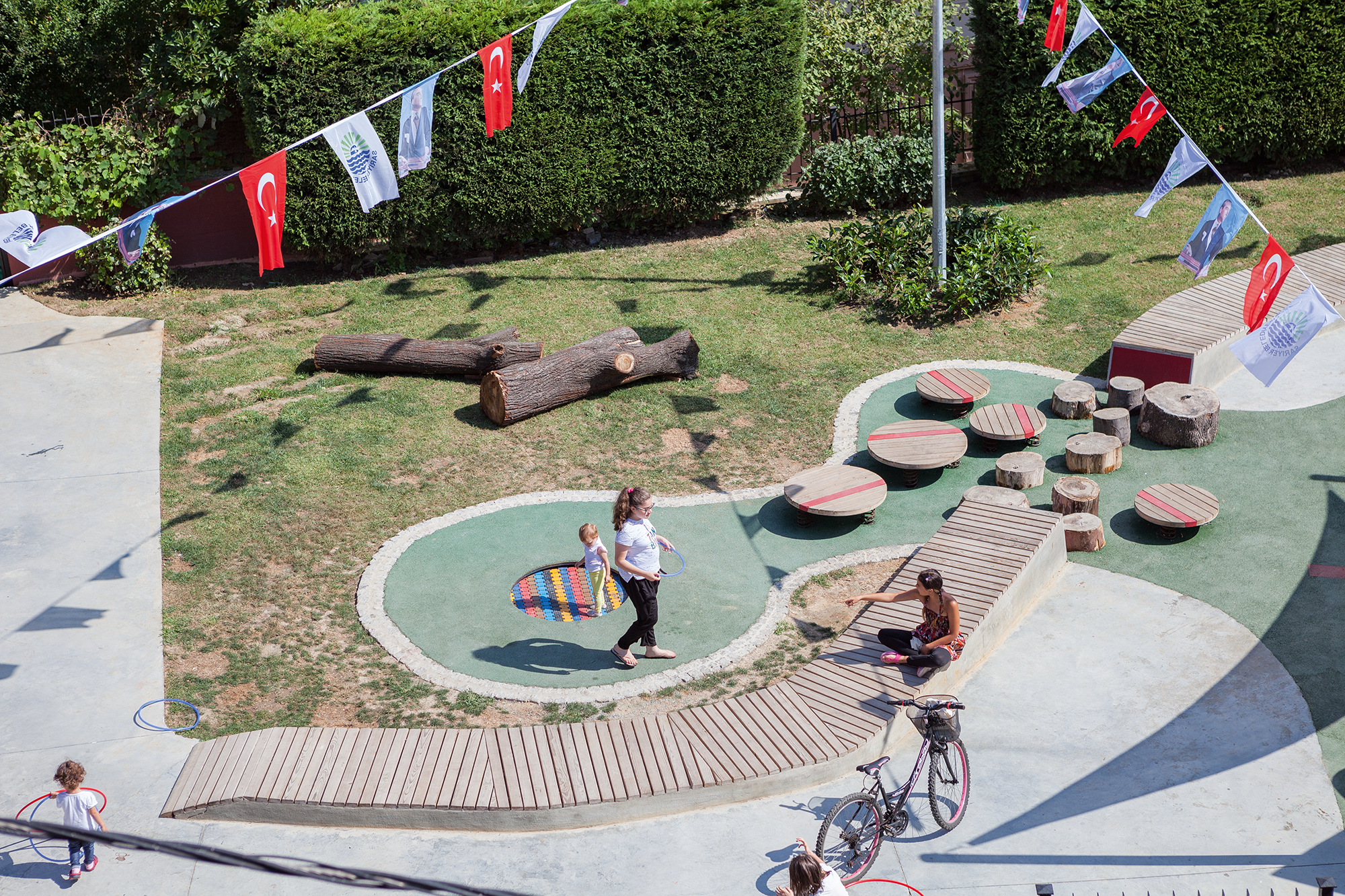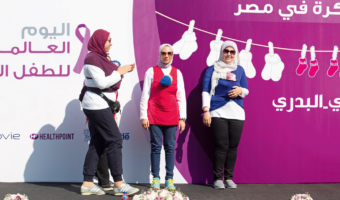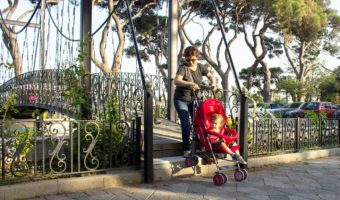Istanbul is a city with 15.5 million inhabitants where 47.5% of households include children, of whom 1.1 million are under 5 years old. The Bernard van Leer Foundation’s Istanbul95 programme launched in 2017 with the ambition to increase public spending for the benefit of young children and their caregivers.
Istanbul consists of 39 districts, each with its elected mayor and municipal body, and a larger metropolitan municipal institution. The pilot phase of Istanbul95 created partnerships with four district municipalities – Sarıyer, Maltepe, Sultanbeyli and Beyoglu – to test new services and improved public spaces, with an ambition from the outset to carry the learnings to the metropolitan level within two years. This timeframe coincided nicely with 2019 local elections.
Superpool joined Istanbul95 to help the partner municipalities build a playground for young children in each district. This modest goal was the first step in introducing a young children’s agenda to new departments in the district municipalities. While some departments, such as social services, were aware of services they could provide for young children and caregivers, others – such as public works, or parks and gardens – did not necessarily see a role for themselves in making better cities for babies and toddlers. Istanbul95 created two resources to help them start imagining: maps and a catalogue of ideas.
Istanbul is not without playgrounds; in recent decades many have been installed across the city, and each of the four districts have 50–100 playgrounds within their boundaries. Maps developed by Kadir Has University and the Turkish Economic and Social Studies Foundation (TESEV) positioned all of these playgrounds onto background maps that showed the number of children in each neighbourhood, to help evaluate whether the services provided were meeting the actual needs.
The maps differentiated the age groups of children, based on census data, into birth–4 years, 5–9 and 10–19. Did the neighbourhoods with the largest population of young children have playgrounds that met their needs? Not necessarily.
In general, playground equipment is designed for children aged 5 years and older who have already developed gross motor skills. However, the need for play and play spaces starts much earlier. Research shows that every new skill a baby acquires, from lifting its head to sitting, to crawling, is perfected through play, establishing the foundations for more complex skills to develop.
Playgrounds for children from birth to age 3
The first task Superpool took on was creating a book of ideas for play spaces for children and their caregivers. The publication explored how play opportunities could be created in public playgrounds for each skill that children developed during the amazing first five years of their lives.
Play in early childhood does not require expensive equipment to be installed in public spaces. It requires a more subtle configuration of space and elements such as sand, water, shade and simple equipment for activities such as balancing, climbing and jumping. And giving design attention to caregivers’ comfort and well-being is as important as the play itself.
The most important challenge we encountered in implementing the pilot playgrounds was the procurement process of partner municipalities. We learned that their parks and gardens departments have a fairly systematised approach to the design and maintenance of playgrounds. Tenders are handed out at regular intervals in large contracts. These contracts are then subcontracted to companies that are responsible for each component of a conventional playground, including plants, flooring and equipment. These subcontractors coordinate efficiently, installing equipment from catalogues with a wide range of price options.
Working outside of existing product catalogues, and wanting to achieve anything other than a flat floor created problems. Even with the district mayors’ direct orders to get these playgrounds built, we met resistance from technical staff at different levels.
Safety is the most important argument in resisting any ‘non-conventional’ play space design. For example, is it safe to include a fallen tree trunk as a play element? When left to individual preferences, safety can become a very difficult subject to tackle. It was of utmost importance that we established EN 1176 Standards for Playground Equipment and Surfacing as the baseline document to refer to when in conflict. This European standard – adapted to the local context as TS 1176 – is known in Turkey, but not rigorously followed. Agreeing to follow its guidance made it possible to experiment.
More than a playground
Through building pilot playgrounds, we built trust and a collective vision. The process embarked on together with our partners was supported by study trips to Denmark and the Netherlands, and many workshops with different stakeholders. Academic partners such as Bogaziçi University and Kadir Has University were mobilised to train staff both in early childhood development and in urban design.
As we built trust, we were also able to bring forward new agendas such as popup play activities for young children in existing playgrounds that do not have provision for babies and toddlers, or testing the accessibility of playgrounds with ‘stroller audits’. Each new experience helped the larger team of partners to become more confident that there is a lot we can do to make a better city for babies, toddlers and caregivers.
In the 2019 local elections, children’s needs in the city featured in the campaigns of both of the main candidates for Mayor of Istanbul. Today Istanbul has a mayor who has gone on record many times saying he wants to work for the city’s children, especially its youngest. And all the partners in Istanbul95, who have tested many different aspects of what it takes to make a city serve its youngest, have established protocols to transfer their know-how. The stage is set for amazing things to happen.



